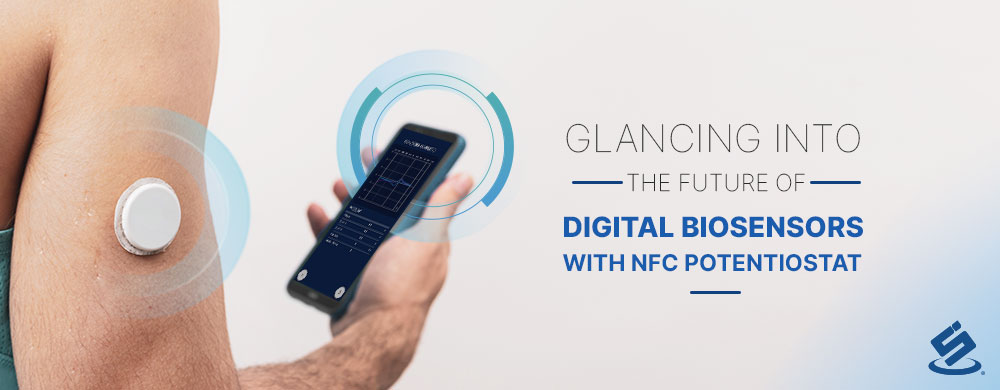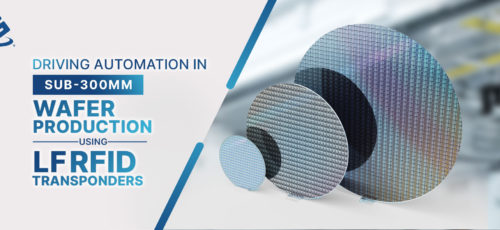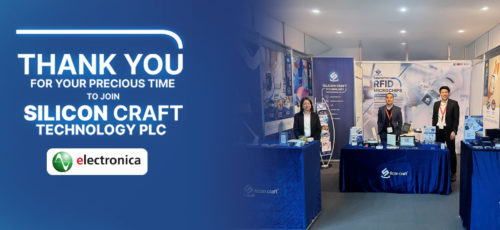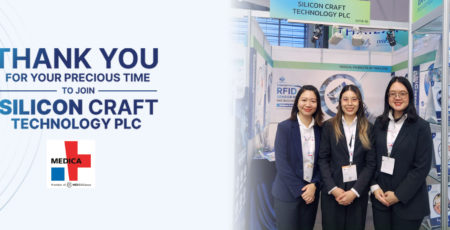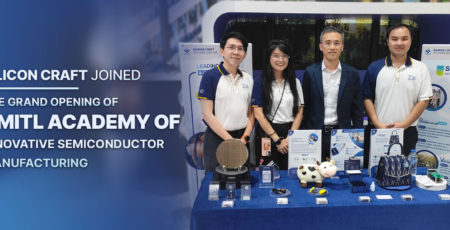Non-invasive biosensors have gained great attraction in the past 20 years. The fluid excreted from the human body contains biomolecules that can be used for medical diagnostics as seen in urine tests in hospitals. Sweat contains metabolites and hormones, and monitoring these biomolecules provides valuable information for a wide range of applications – sport, fitness, medical, and daily monitoring. With the rising use of smart wearable devices, we will probably see biosensors integrated into more smart wearable devices like smartwatches in the future, so health monitoring will become accessible to everyone from everywhere.
University of Rome Tor Vergata has been developing a quantitative miniaturized sweat monitoring system based on the electrochemical sensing technique by integrating SIC4341 NFC Potentiostat AFE chip with sensor electrode on flexible substrate. This prototype can be attached to human skin to measure cortisol levels in sweat via mobile application communicated through NFC protocol, which clearly paves the way for non-invasive compact digital biosensors for telemedicine. For more information, please follow the DOI as follows.
https://doi.org/10.48550/arXiv.2205.08492
Adina Bianca Barba, Giulio Maria Bianco, Luca Fiore, Fabiana Arduini, Gaetano Marrocco, Cecilia Occhiuzzi. (2022). Design and Manufacture of Flexible Epidermal NFC Device for Electrochemical Sensing of Sweat. 10.1109/FLEPS53764.2022.9781563.
SIC4341 NFC Potentiostat Sensor Interface Chip Concept
SIC4341 Potentiostat sensor interface with NFC type 2 chip consists of DACs, ADC, and RF AFE, which can operate with the energy harvested from a mobile phone or NFC reader without the need for an MCU.

Potentiostat is electronic hardware designed to control the potential of electrodes in electrochemical measurement. For more than decades, the electrochemical measurement technique has been used for blood glucose monitoring at home for diabetes patients due to its rapid response time, ease of use, sensitivity, selectivity, quantitative result, and portability.
SIC4341 offers a single-chip solution for miniaturized & portable electrochemical measurement that can apply to various chemicals and biomolecules. Only four components are required for the measurement, including a SIC4341 chip, a smartphone with NFC function, an RF antenna, and an electrode for detecting target molecules. The SIC4341 NFC potentiostat sensor interface chip certainly enables the digital transformation of chemical sensors and biosensors in the near future.


